Program Compatibility Assistant in Windows 11 displays the message, “This module is blocked from loading into the Local Security Authority,” when certain DLLs—most commonly mdnsNSP.dll from Apple’s Bonjour service—attempt to load into the LSA process. This error appears more frequently since Windows 11 version 24H2, where LSA protection is enabled by default to prevent untrusted modules from accessing sensitive authentication data.
Uninstall Bonjour and Related Apple Software
Step 1: Open Settings using the Win + I keyboard shortcut.
Step 2: Navigate to Apps > Installed Apps and search for “Bonjour” in the list.
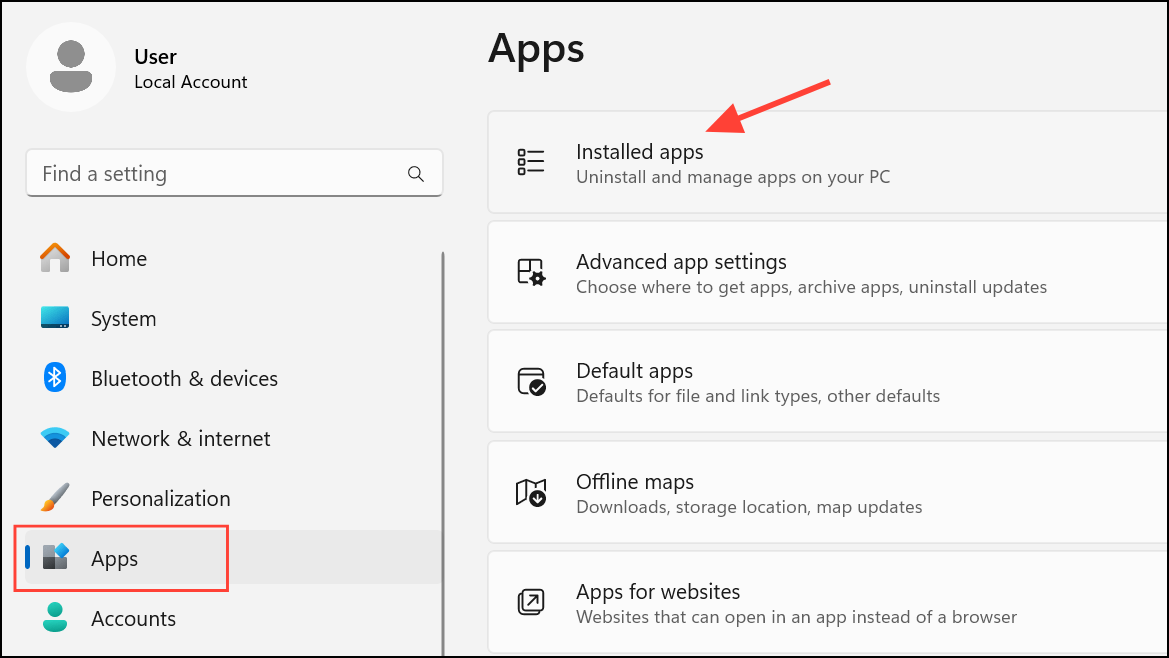
Step 3: If you see Bonjour, select it and choose Uninstall. This removes the background service responsible for the error.
Step 4: If you have iTunes or other Apple software installed, consider uninstalling these as well. Some versions of iTunes automatically reinstall Bonjour, which can trigger the error again. After uninstalling, restart your computer to ensure all components are removed from memory.
Step 5: If you need iTunes, download the latest version from the Microsoft Store rather than Apple’s website. Microsoft Store versions are more likely to be compatible with Windows 11 security requirements and may avoid the LSA blocking issue.
Disable Bonjour Service Without Full Uninstallation
Step 1: Press Win + R to open the Run dialog, type services.msc, and press Enter.
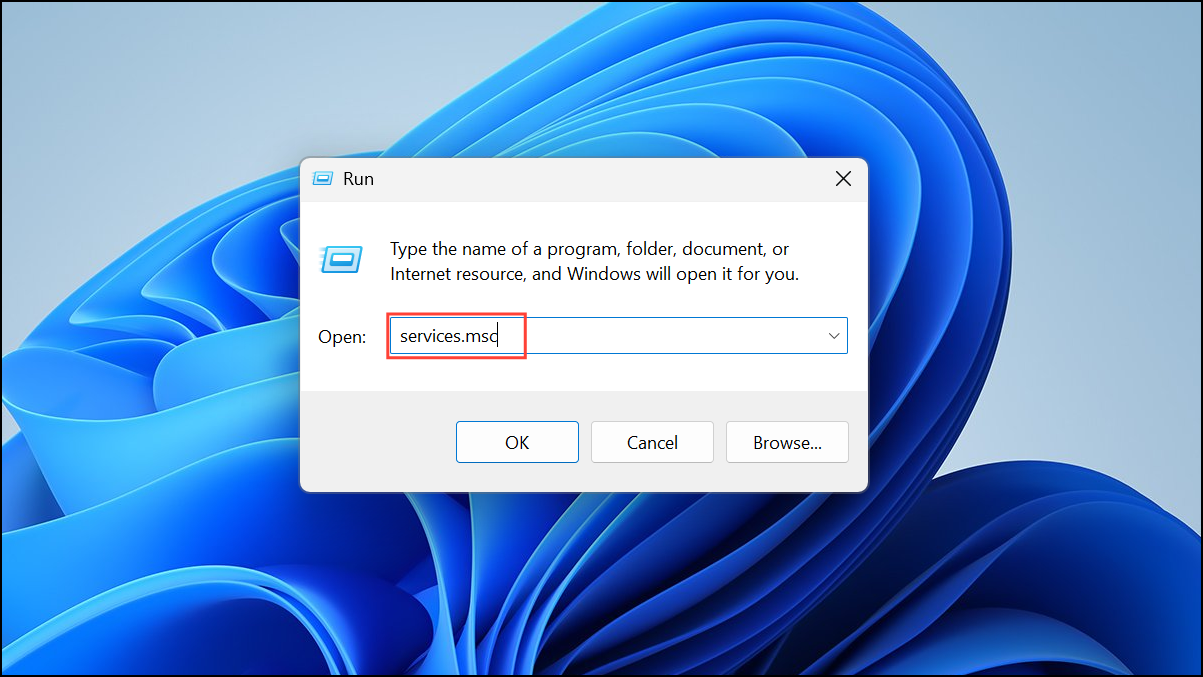
Step 2: Locate Bonjour Service or mDNSResponder in the list.
Step 3: Right-click the service, select Properties, and set the Startup type to Disabled. Click Stop if the service is running, then click OK. This stops Bonjour from running in the background and attempting to load into LSA.
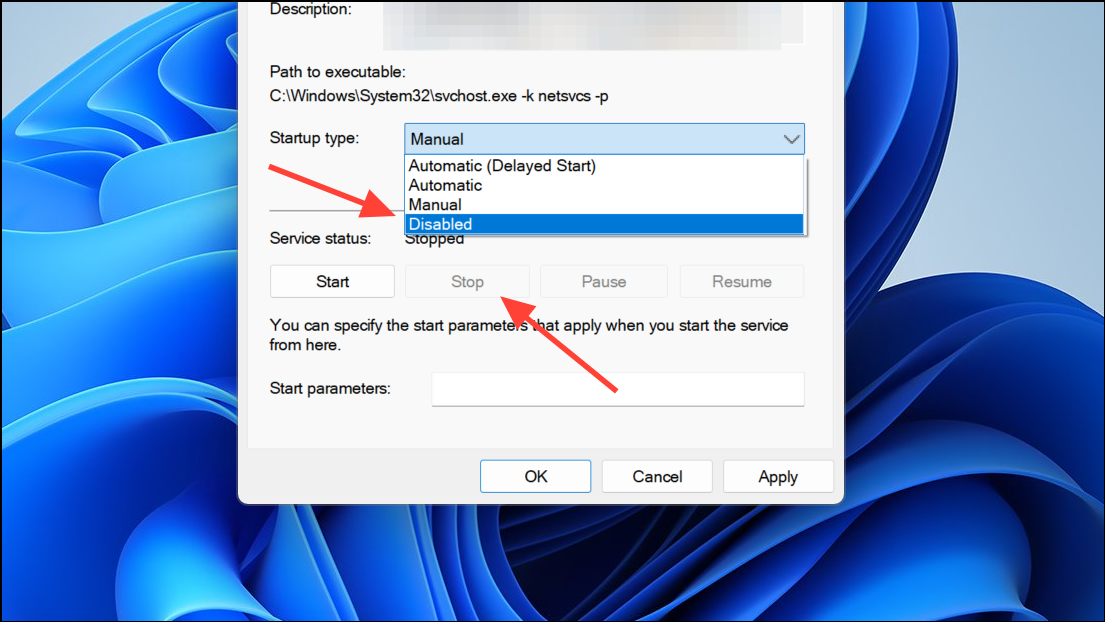
Step 4: Restart your PC to ensure the service is fully disabled and check if the error message persists.
Remove Bonjour’s DLL from Network Provider List (Advanced)
Step 1: Open regedit.exe as an administrator by typing it into the Start menu or Run dialog.
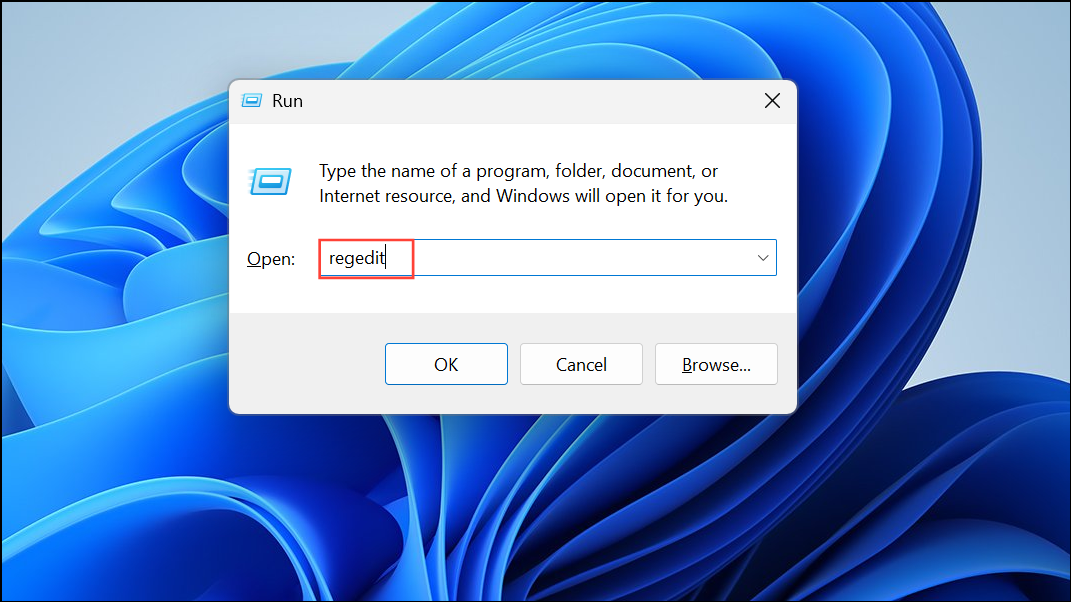
Step 2: Navigate to HKEY_LOCAL_MACHINE\SYSTEM\CurrentControlSet\Services\Tcpip\Parameters\ and locate the NameSpace_Catalog5 key.
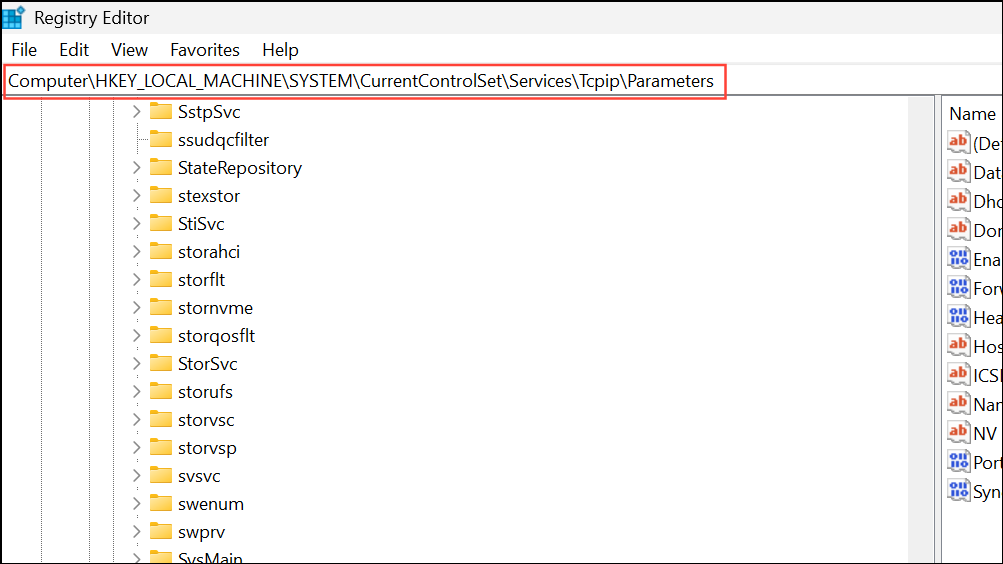
Step 3: Under Catalog_Entries, look for entries referencing mdnsNSP.dll. Right-click and delete these entries. Before making changes, export the registry key as a backup in case you need to restore it later.
Step 4: Close the Registry Editor and restart your computer. This step prevents Windows from attempting to load the Bonjour DLL as a network provider, which stops the error from recurring.
Run System File Checker and DISM (For General DLL Errors)
Step 1: Open Command Prompt as an administrator by typing cmd in the Start menu.
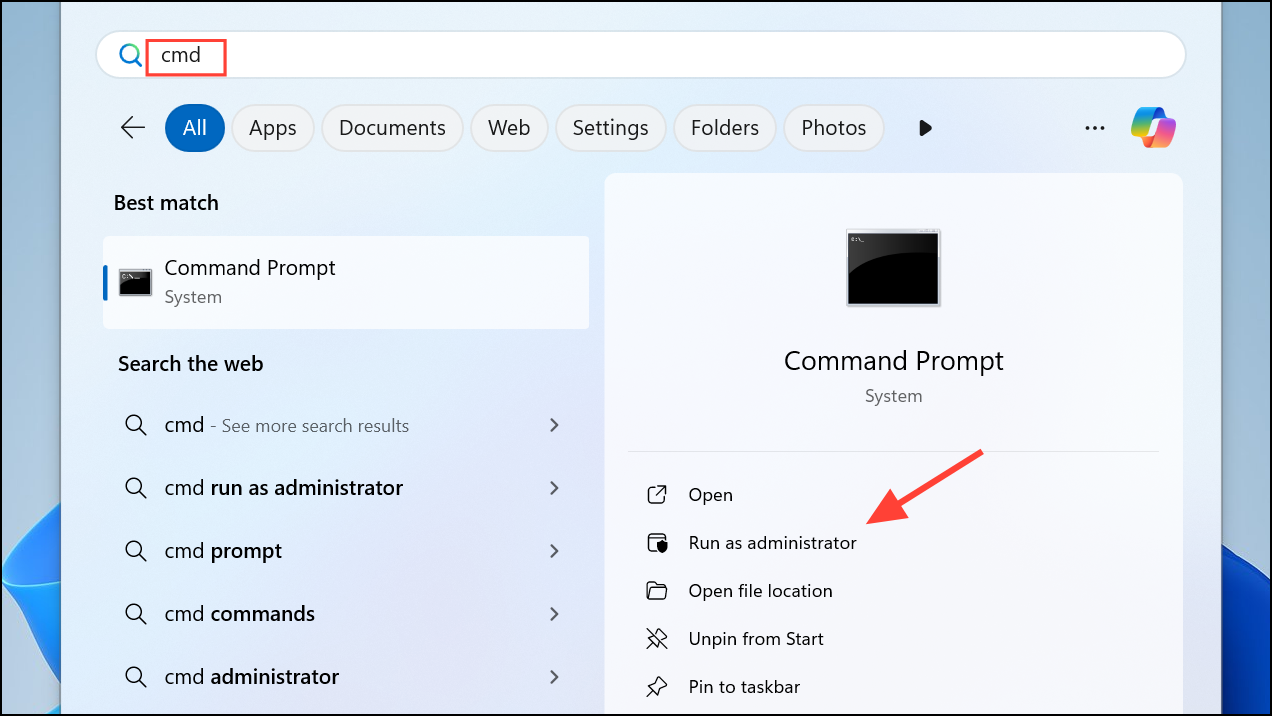
Step 2: Run the following command to check and repair system files:
sfc /scannow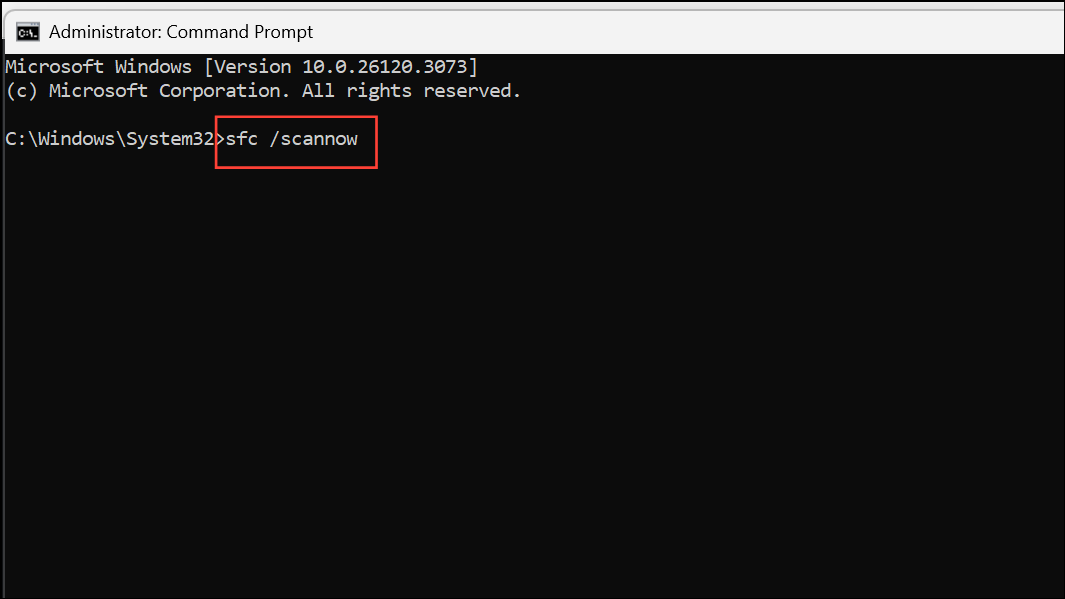
This scans for and repairs corrupted system files that might contribute to DLL loading issues.
Step 3: If the problem remains, run the Deployment Imaging Service and Management Tool (DISM) with:
DISM /Online /Cleanup-Image /RestoreHealth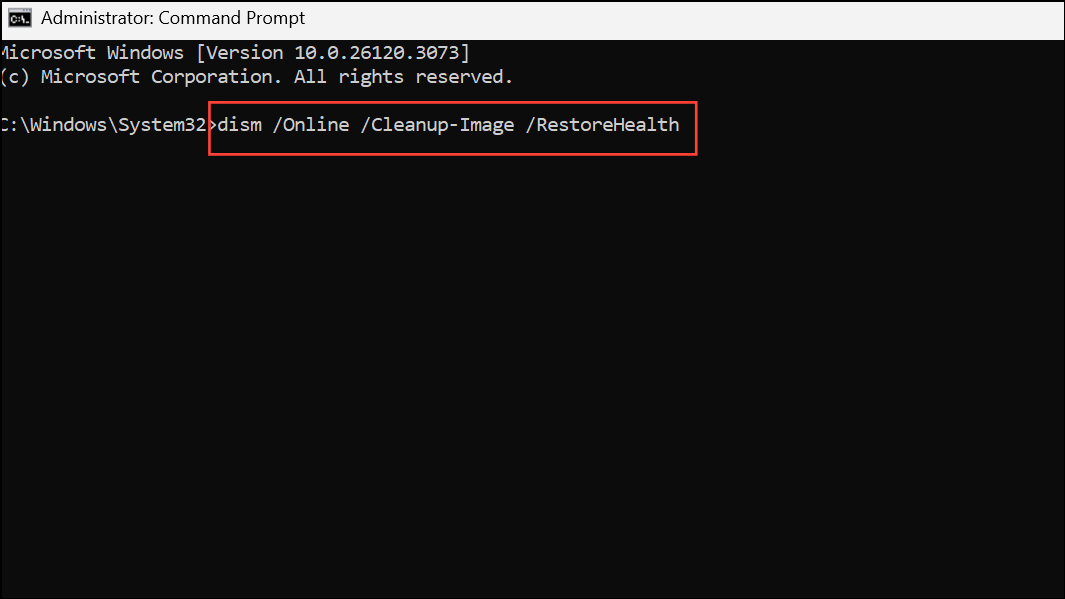
This command checks for deeper system image corruption and attempts to repair it using Windows Update.
Why This Error Occurs
Windows 11’s Local Security Authority (LSA) protection blocks DLLs that are not digitally signed or do not meet Microsoft’s security requirements. mdnsNSP.dll from Bonjour, and similar modules from other third-party software are commonly flagged because they have not been updated to comply with the latest Windows security standards. LSA protection is enabled by default in Windows 11 24H2 and newer, making these prompts more common.
Disabling LSA protection is not recommended, as it weakens system security and exposes sensitive authentication data. Similarly, manually adding DLLs to the LSA security packages list in the registry can create security risks, as it may allow untrusted code to access plaintext credentials.
Alternative Causes and Other DLLs
Other software, such as QuickHeal Antivirus or Entrust authentication modules, may also trigger this error if their DLLs are not compliant with LSA requirements. In these cases, uninstalling or updating the problematic software is the safest course of action. Avoid disabling core security features or adding exceptions unless you fully understand the risks.
Removing outdated Bonjour services or disabling their startup resolves the LSA blocking error for most users on Windows 11. If you need Bonjour or iTunes, always use the latest versions and monitor for updates from Apple that address compatibility with Windows security features.

